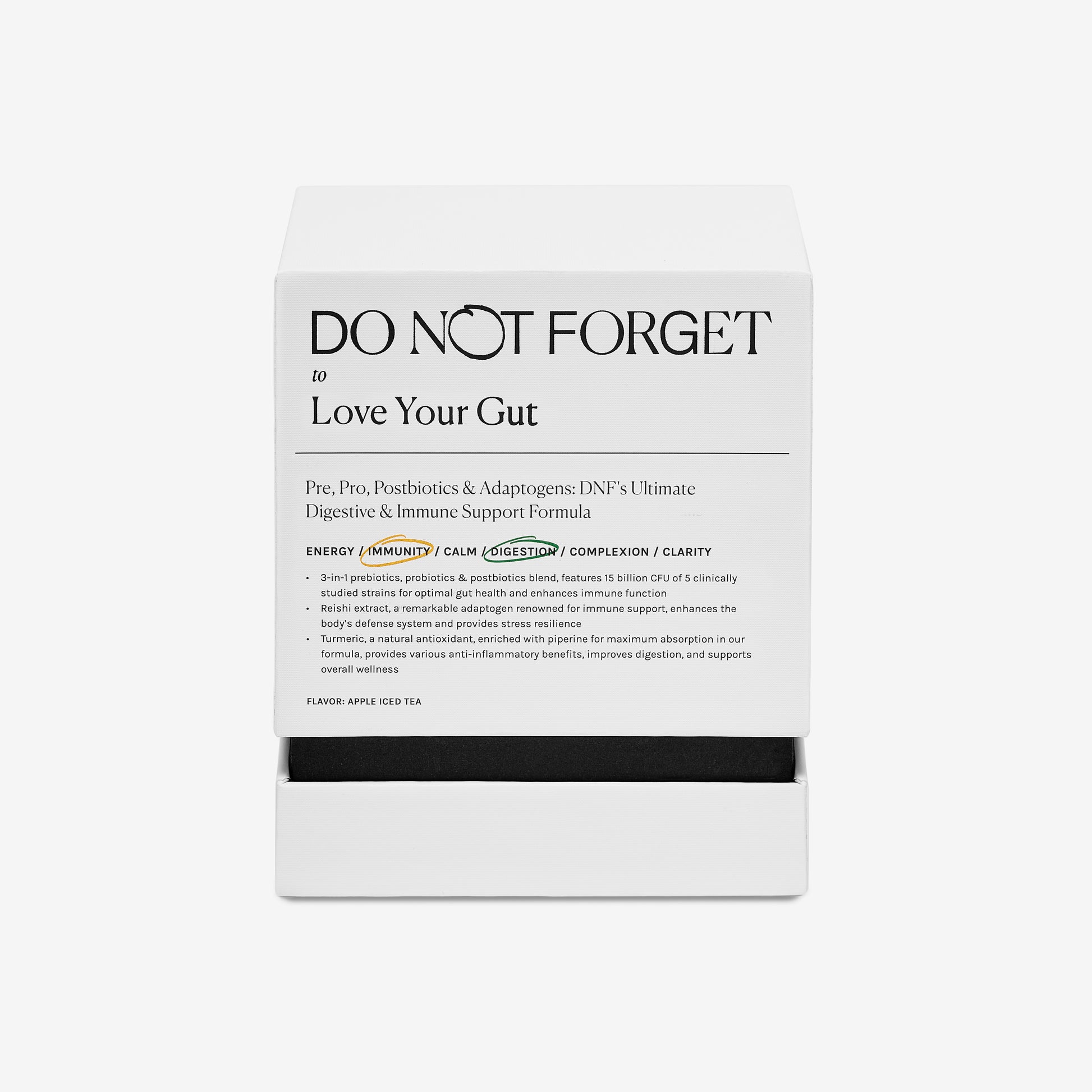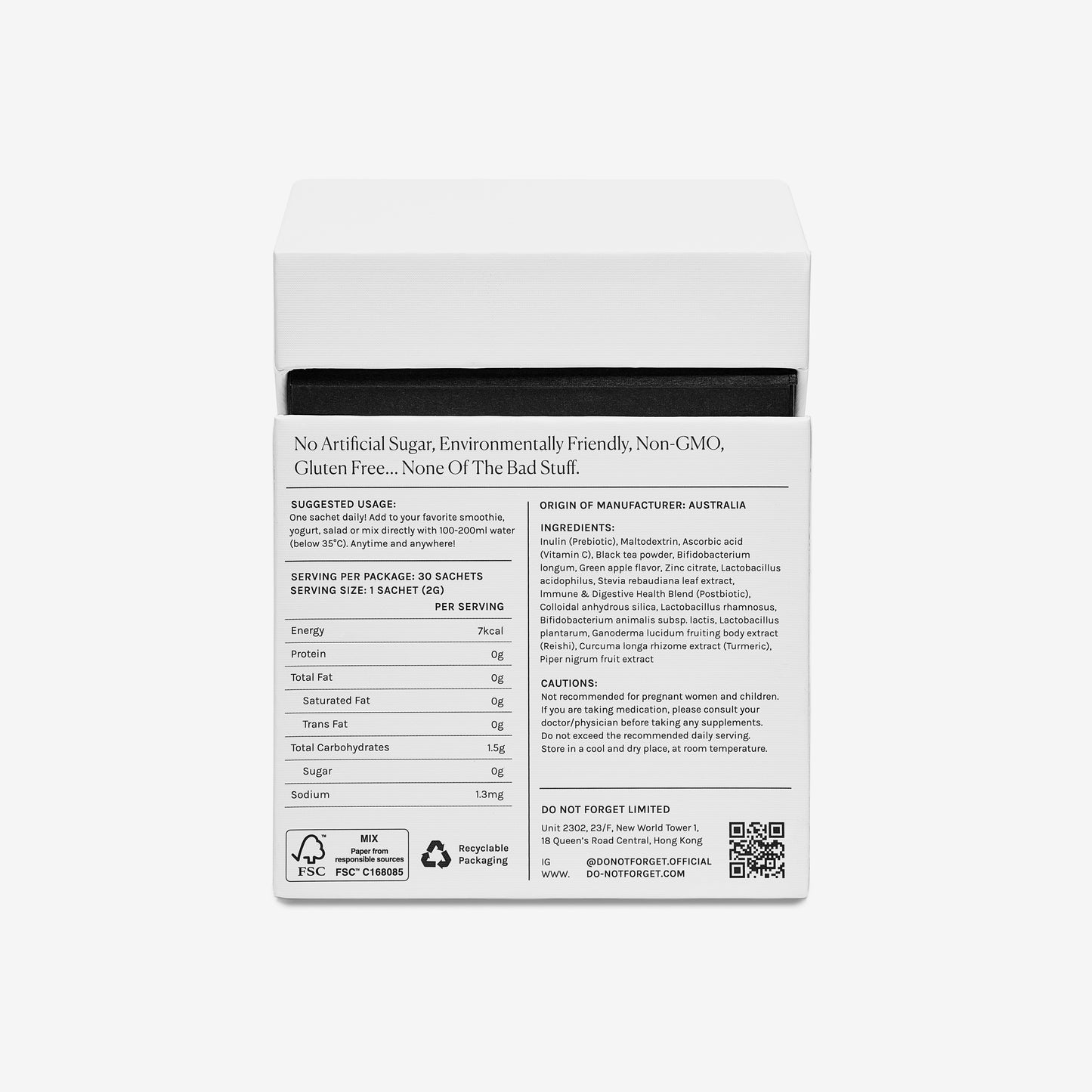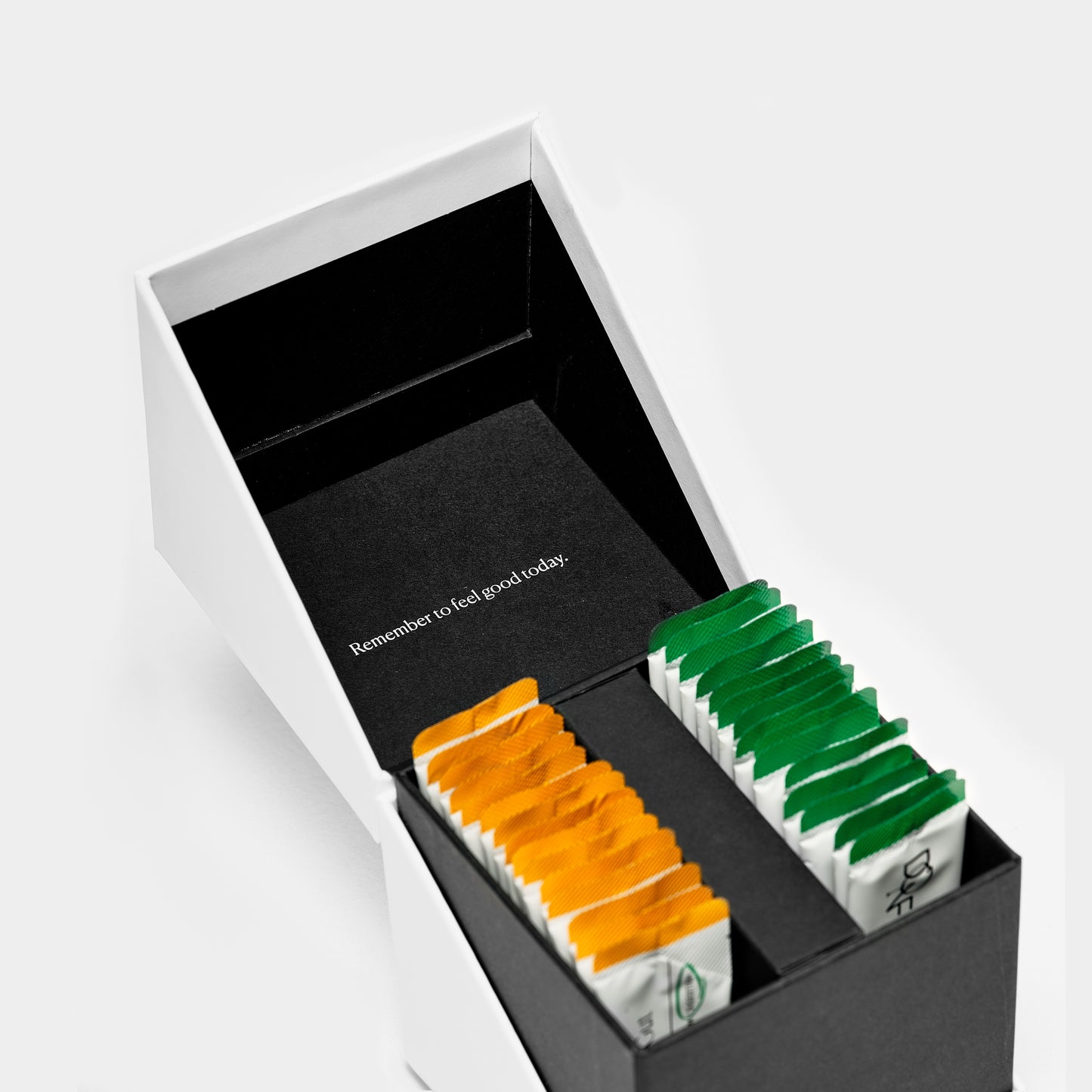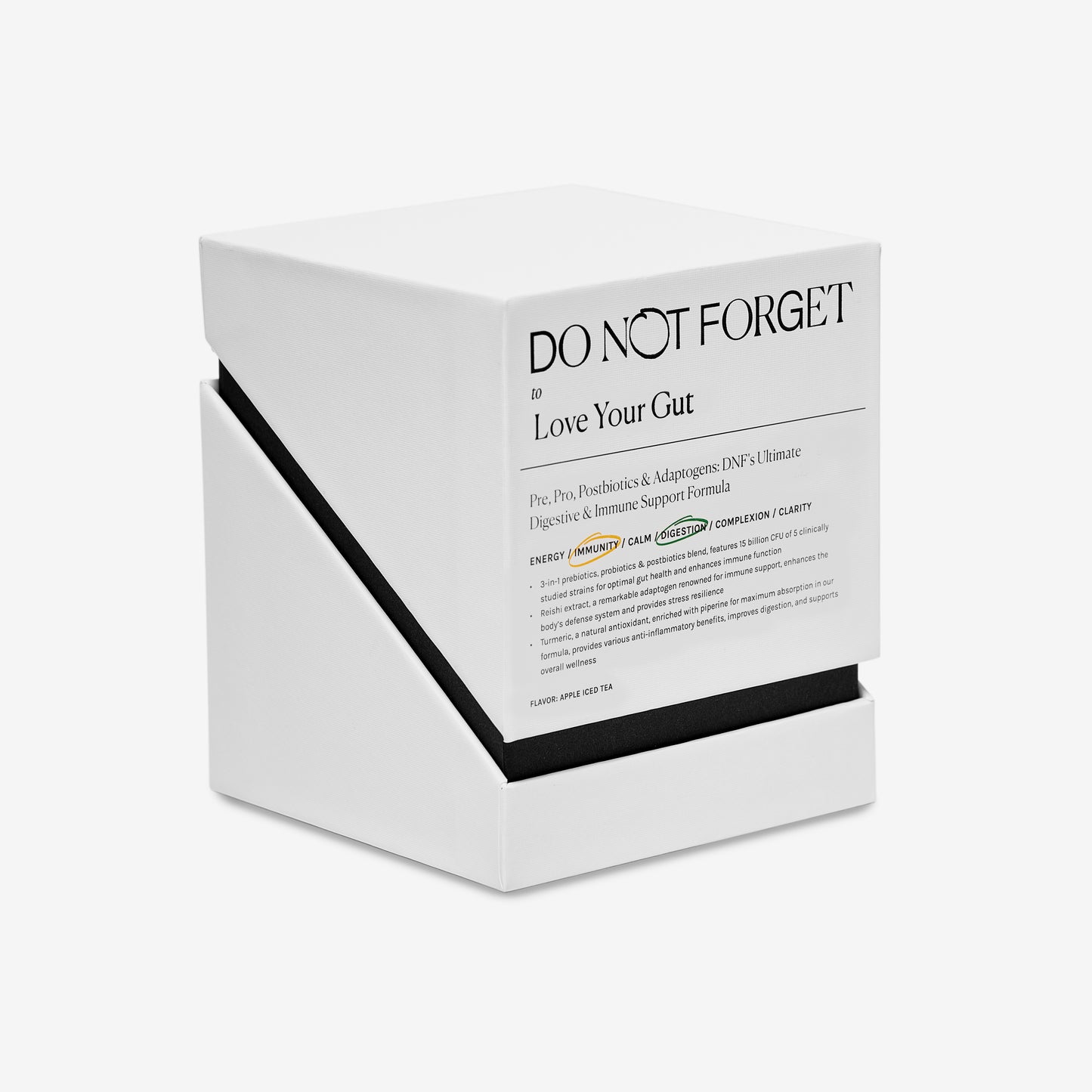The Probiotic Trend
The trend of consuming probiotics has surged, especially following the outbreak of COVID-19, as researches showed probiotics could positively modulate our immune system. Probiotics essentially are living microorganisms that are beneficial to our bodies. They coexist among the trillions of microbes within us, aiding bodily functions and health. While not all microbes are beneficial, probiotics work to manage harmful types. Well recognized for enhancing digestive health by balancing gut bacteria, they alleviate conditions like diarrhea, constipation, IBS, and assist in managing certain inflammatory bowel diseases.
Being the biggest organ in a human body, the gut plays a crucial role in immune function as a huge amount of immune cells reside in the gut! Studies have shown that probiotics contribute to maintaining a diverse and robust gut microbiota composition, which can positively influence our body's immune responses in fighting many different types of infections!
More on
Pre-Pro & Post-biotics
Prebiotics
are non-digestible fibers found in certain foods like bananas and whole grains. These prebiotic fibers pass undigested through the small intestine and reaches the colon, where it serves as food for the beneficial bacteria, such as Bifidobacteria and Lactobacilli, promoting their growth and aiding in maintaining a healthy balance of gut microbiota. Essentially, prebiotics act as fuel for probiotics, helping them thrive and function optimally. You can find Inulin, which is an excellent prebiotics in Love Your Gut :)
Probiotics
Our bodies have groups of microbes working together to perform different functions. The most important ones are those in our digestive system. They have significant impact on food digestion and absorption of nutrients. Harmful microbes present in the gut can create toxins and disrupt food fermentation, affecting our health in the bad way.
Probiotics (the good guys!) play a crucial role in restoring a healthy balance by introducing beneficial microbes to fight with the harmful ones. They may produce enzymes or proteins that inhibit, or even kill, harmful bacteria! This results in a favourable environment for proper food fermentation, thereby improving overall health.
A huge portion of the body's immune cells resides in the gut. Probiotics, with the ability to foster a healthy digestive environment, helps modulating the immune system, which could lower the risk of infection and contribute to overall immune health.
Apart from aiding digestion and supporting the immune system, recent studies has also shown that probiotics are linked to various health aspects including heart and mental health. There's also ongoing exploration into the link between probiotics and weight management and even skin conditions such as acne!
The most commonly consumed and well studied probiotics are species from two main genera: Bifidobacteria & Lactobacillus.
We carefully selected five species (total of 15 billion CFU!) from these two family for you in Love Your Gut.
Postbiotics
is hottest topic in the world of digestive health. Since they came into spotlight few years ago, the definition of postbiotics has also been evolving. An easy way to explain is that postbiotics are the end-game of pre and probiotics. They are the beneficial metabolite produced from probiotics and also components of some of these hardworking microbes after they become inanimate.
Although the concept of postbiotics is still fairly new, they actually have been around for a long time until their health benefits were revealed by more scientific researches lately.
The old synbiotics and new Trio
Traditionally, synbiotics refer to a combination of probiotics and prebiotics, working together synergistically to promote gut health.
With introduction of postbiotics, together, this trio forms a holistic approach to gut health. While probiotics actively support gut flora, prebiotics nourish probiotics, and the resulting postbiotics contribute to various health benefits. This relationship highlights the importance of consuming a balanced diet rich in prebiotic fibers alongside probiotic-rich foods to foster a healthy gut microbiome and promote overall well-being OR ... you could simply choose a supplement including all three of them 😉

Do Not Forget
Love Your Gut
Share





